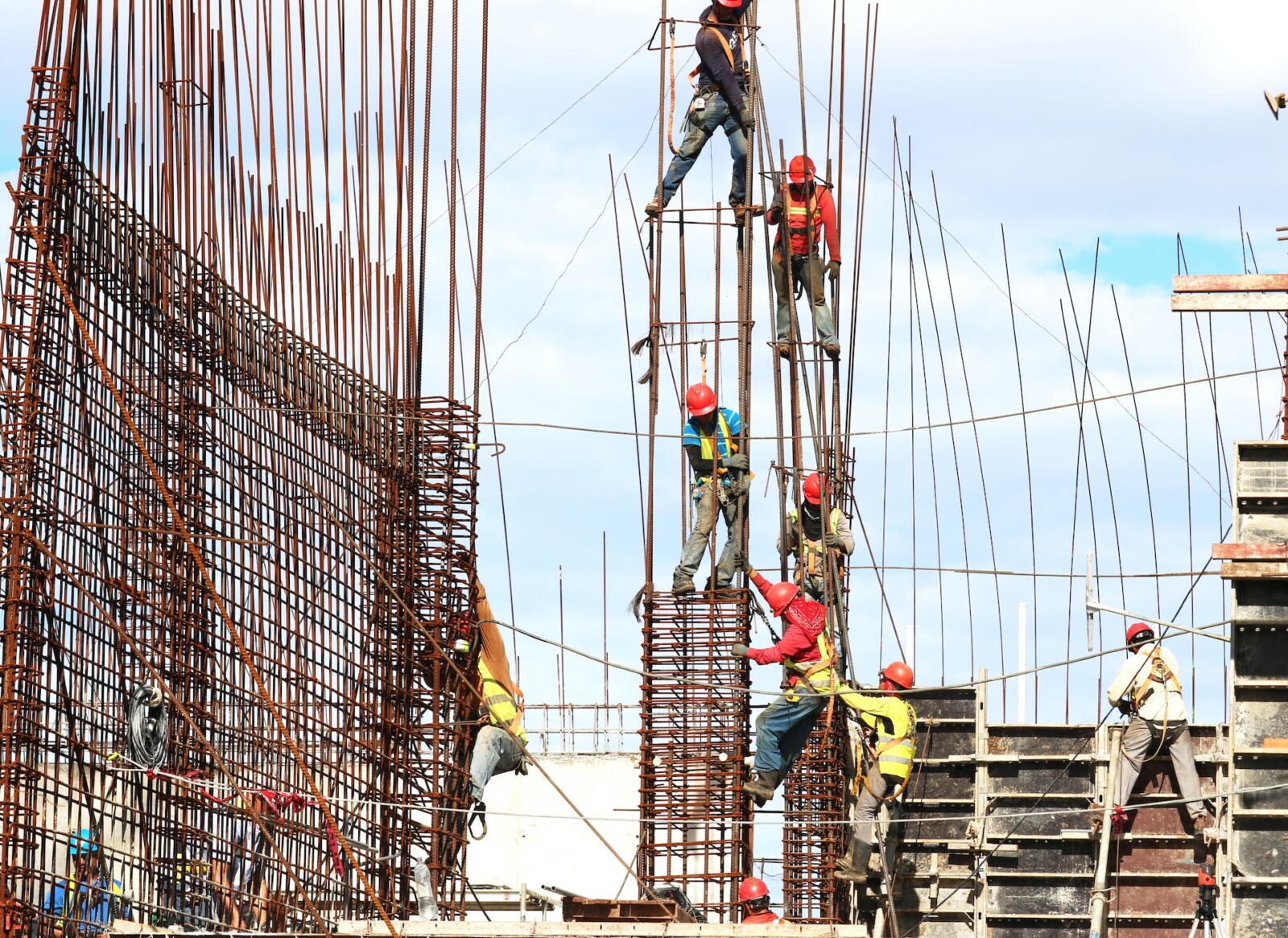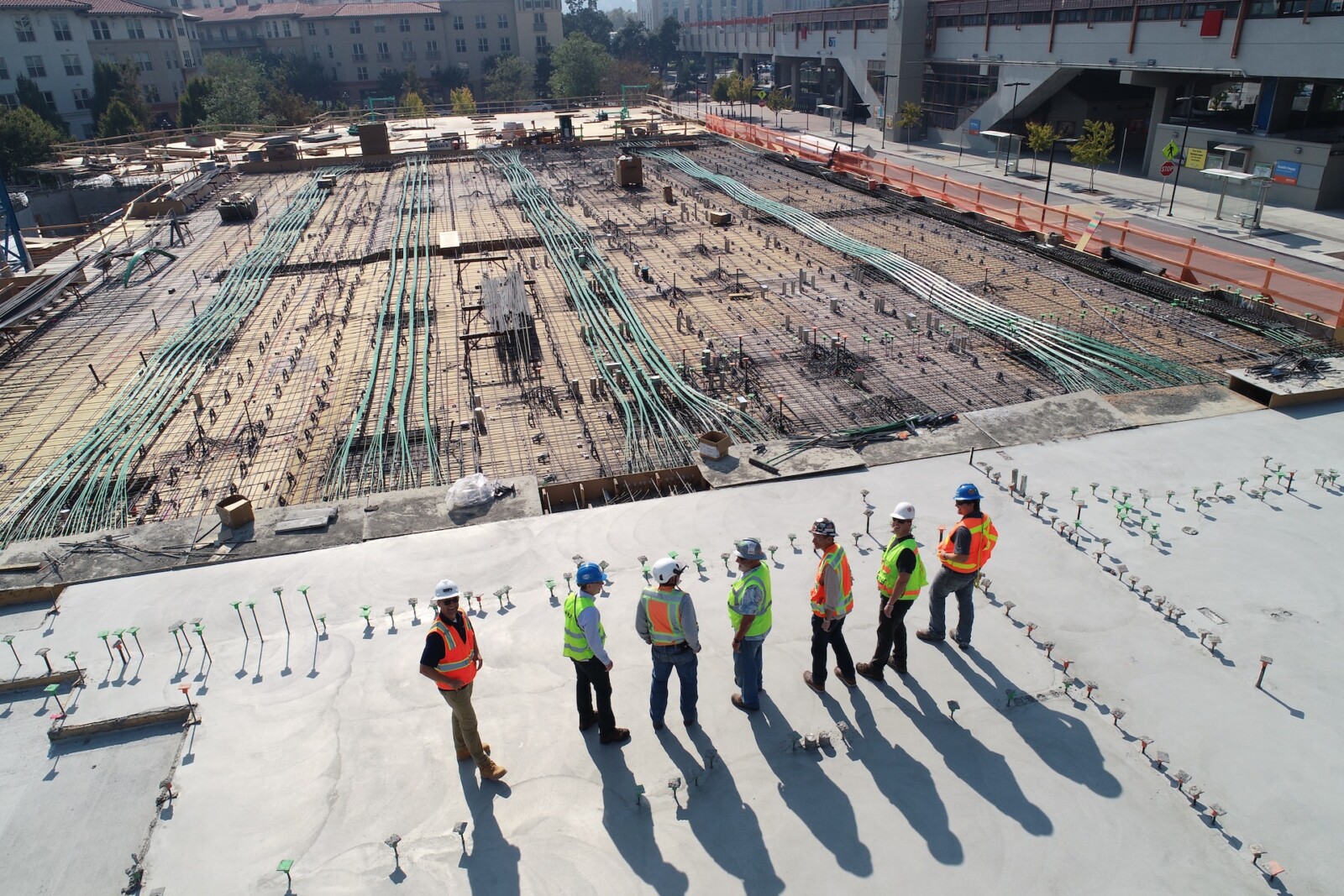Construction law is a multifaceted area that impacts every stage of a construction project, from contract negotiation and drafting to dispute resolution and enforcement of builder’s liens. In British Columbia, construction law is governed by various provincial and federal legislation, industry standards, and judicial decisions. Knowing how these legal mechanisms interact and influence the outcome of a construction dispute is crucial to protecting your rights and interests.
Our comprehensive guide to construction law and builder’s liens in British Columbia will address key aspects of the construction process, as well as the unique legal circumstances and remedies entailed. We will explore topics such as construction contracts, risk management strategies, dispute resolution techniques, and the application of builder’s liens under British Columbia’s Builders Lien Act.
Whether you are a contractor, subcontractor, owner, or another party involved in the construction process, our in-depth guide to construction law and builder’s liens in British Columbia will equip you with the knowledge and understanding necessary to navigate legal issues effectively and protect your rights and interests. Trust the expertise of Pathfinder Law to provide the valuable information and guidance you need to successfully address construction-related legal matters in British Columbia.
Drafting and Negotiating Construction Contracts: Laying the Groundwork
1. Key Components of Construction Contracts
Construction contracts are essential to safeguard all parties’ interests and expectations involved in a project. A well-drafted contract should include:
- A detailed description of the scope of work.
- Payment terms and schedules.
- Change order procedures.
- Dispute resolution mechanisms.
- Performance and payment bond requirements.
- Warranty, indemnity, and insurance provisions.
Importance of Effective Construction Contract Negotiation
Taking the time to carefully negotiate construction contracts helps prevent misunderstandings and future disputes. Parties should aim for an agreement to allocate risks fairly and balance responsibilities, ensuring the project’s smooth progress and completion.
1. Risk Management Strategies: Minimizing Disputes and Delays
Identifying and Allocating Risks
Understanding potential risks within a construction project can help parties address them proactively. Identifying risks, allocating responsibilities, and developing strategies to prevent or resolve potential issues are vital aspects of effective risk management.
2. Practices for Reducing Legal and Financial Risks
Several risk management strategies can help safeguard against legal and financial disputes, such as:
- Regularly reviewing and updating contracts.
- Setting clear, realistic schedules and milestones.
- Ensuring subcontractors are properly vetted and monitored.
- Establishing chain-of-command procedures for decision-making.
Dispute Resolution Mechanisms: Navigating Construction Conflicts
1. Understanding Various Dispute Resolution Methods
Construction disputes can be costly, both financially and in terms of time and effort. Parties should be aware of the various dispute resolution methods available, such as:
- Negotiation: Direct communication between parties to reach an agreement.
- Mediation: A neutral third party helps facilitate discussion and encourage settlement.
- Arbitration: An arbitrator or panel hears the arguments, reviews evidence, and renders a decision.
- Litigation: A formal process in which a court resolves the dispute.
2. Choosing the Right Dispute Resolution Method
Contractors, subcontractors, and owners should choose the most suitable dispute resolution method based on their unique circumstances and the nature of the dispute. Factors to consider include time, costs, complexity, confidentiality, and the potential future relationships.
Builder’s Liens: Securing Payment and Understanding the Process
1. The Purpose of Builder’s Liens
Builder’s liens are legal tools that provide security to contractors, subcontractors, and suppliers in case of non-payment or other breaches of contract. In British Columbia, the Builders Lien Act governs the process and enforcement of builder’s liens, helping ensure rightful payment for work performed.
2. Navigating Builder’s Liens in British Columbia
Understanding the complexities and deadlines surrounding builder’s liens is critical to enforce and defend against them. Key aspects to be aware of include:
- Filing deadlines: In British Columbia, liens must be filed within 45 days of the project’s completion, abandonment, or issuance of the certificate of completion.
- Holdback requirements: Under the Builders Lien Act, owners must retain 10% of the total contract price as a holdback to ensure payments are made to subcontractors and suppliers.
- Lien enforcement: If the claim is not resolved, the lien claimant must start a lawsuit to enforce the lien within one year from the date the lien was filed.
Conclusion
Navigating construction law and builder’s liens is crucial for all parties involved in construction projects in British Columbia. With a solid understanding of construction contracts, risk management strategies, dispute resolution mechanisms, and the complexities of builder’s liens, contractors, subcontractors, and owners can protect their rights, interests, and investments while creating a fair and efficient project environment.
The information provided by Pathfinder Law’s comprehensive guide to construction law and builder’s liens can equip professionals in the construction industry with the necessary knowledge and understanding to face legal matters and disputes confidently and effectively. By staying aware of best practices and legal requirements, construction professionals in British Columbia can work together to bring their projects to a successful completion, safeguarding their rights and financial interests in the process.
Are you facing construction law or builder’s lien-related matters in British Columbia? At Pathfinder Law, we are committed to providing our clients in Abbotsford and throughout the province with educational, informative, and helpful content to successfully navigate construction law matters and builder’s liens. Let us support you in understanding, protecting, and enforcing your rights and interests in the complex world of construction law. Contact us today to discuss your unique needs!











